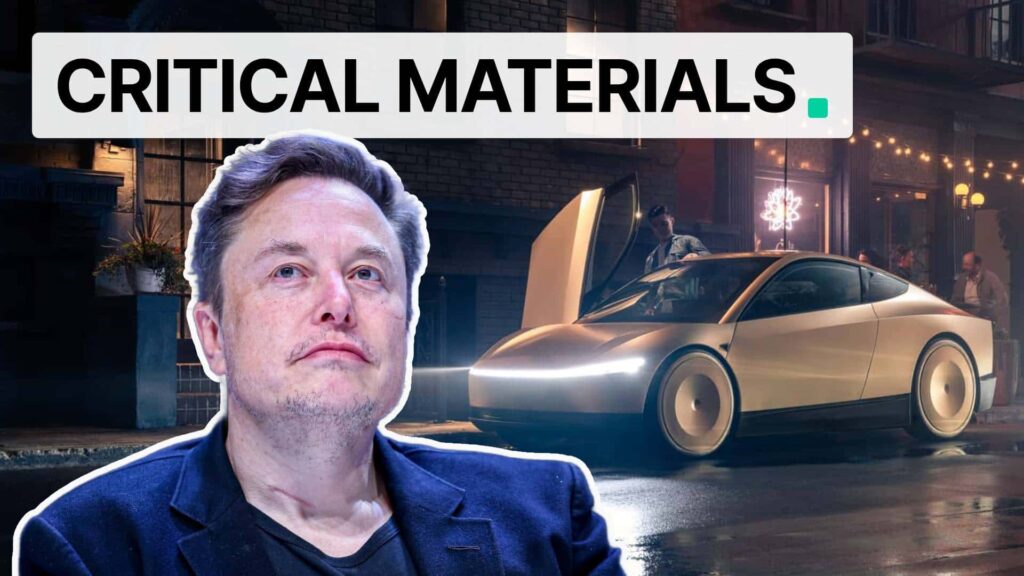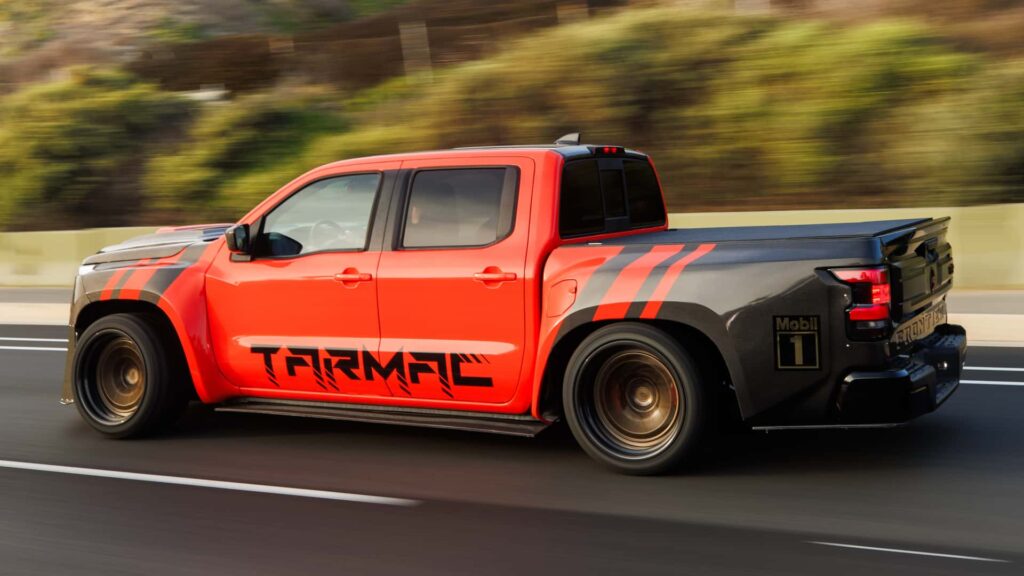
Electric cars made it through one Donald Trump presidency. With market forces powering a broader shift, they’ll likely survive a second term. But if EV incentives disappear next year under Trump, what’s next for Tesla—especially since it’s been one of the biggest beneficiaries? There’s no clear answer here, but we do have some insights from industry experts.
Welcome back to Critical Materials, your daily round-up of news and events shaping up the world of electric vehicles.
Also on today’s agenda: the U.S. Department of Energy fast-tracked a $475 million loan to a major battery recycling company before Trump takes office in January. Plus, why America’s clean energy boom won’t abruptly stop under the new administration.
30%: What’s Next For Tesla?
Tesla has benefitted the most from Biden’s purchase and manufacturing incentives for electric cars and batteries. The incentives have helped Tesla make aggressive price cuts while maintaining profitability and helped it earn hundreds of millions of dollars per quarter from selling carbon credits.
As we have known for years, Trump is not a big fan of electric cars. Yet, Tesla CEO Elon Musk turbocharged his campaign and helped him get reelected—for reasons we won’t discuss today.
Now, amid Tesla’s pivot to artificial intelligence and robotics, Musk wants to establish a “Department of Government Efficiency” that could fast-track regulatory approvals for his Robotaxi business. So his passenger car division may take a backseat, but won’t necessarily be hurt if Trump slashes EV incentives, experts told InsideEVs.
“Tesla has a substantial advantage over most other automakers in terms of manufacturing costs, so Tesla vehicles have a lot more margin built into them and can better withstand the elimination of the tax credit,” said Ed Kim, the president and chief analyst of auto insights and research firm AutoPacific.
However, he added that Tesla’s rivals could be hurt. “[Rolling back credits] will have an immediate effect on EVs getting more expensive, particularly for people who lease EVs since a loophole in the tax credit rules effectively allows any EV regardless of price or origin to receive the tax credit when leased.”
Leasing and financing have boosted EV sales. But now that advantage for buyers could disappear.
It’s all speculative at the moment, but Jessica Caldwell, the head of insights at Edmunds, said that if Trump guts consumer incentives, an alternative mechanism could be in place to continue the EV transition.
“From the beginning, Musk has made it clear that he wants to see the EV market succeed beyond Tesla, so he may try to influence a new incentive structure that continues to support broader EV adoption in the U.S,” Caldwell said.
Automakers are global companies. In many overseas regions, EV adoption is far broader than it is in the U.S., so when automakers chart their roadmaps, they do not think about the next four years. They’re thinking decades into the future.
While it may seem like Tesla is shifting focus from EVs to robotics, don’t count out its core lineup just yet. An upgraded Model Y—the world’s best-selling car of 2023—is on the way. So Tesla’s EV game, beyond Robotaxis, will remain strong for the foreseeable future.
60%: DOE Pushes A $475 Million Loan For A Battery Recycling Company
The Biden administration is trying to get as many clean energy incentives as possible out the door before Trump takes office in January.
The U.S. Department of Energy finalized a $475 million loan on Thursday to battery recycling company Li-Cycle. The company will use those funds to build a lithium-ion battery recovery facility in Rochester, New York. The investment will help generate 825 construction jobs and more than 200 permanent jobs once the plant is erected.
Recycled materials that come out of this plant will help power 180,000 EVs annually, the DOE said in a press release. That could help displace 71 million gallons of gas annually, equivalent to more than 633,000 metric tons of savings in annual CO2 emissions.
The Biden administration is playing it smart, laying the groundwork to protect clean energy programs from a potential rollback under Trump. By finalizing a wave of loans and grants for clean energy before year-end, they’re effectively locking in incentives, making it far harder for a new administration to undo them come January.
That’s one of the reasons why the clean energy boom won’t be restricted during Trump’s second tenure in the White House.
90%: Clean Energy Programs Will Be “Impossible To Repeal”
Photo by: Rove
Even though America voted for Trump this week, Biden’s clean energy programs are here to stay. Most clean energy investments have gone to Southern Republican states, where federal money is helping erect huge factories that support thousands of jobs.
Here’s more on that from Fast Company:
“The jobs and the economic benefits have been so heavy in red states, it’s hard to see an administration come in that says we don’t like this,” said Carl Fleming, a partner at law firm McDermott Will & Emery, who advised the Biden White House on renewable energy policy.
“You could see a new administration come in and they can very quickly begin to cut budgets or restrict budgets or restrict the freedom of agencies to do certain things that are tied to funding,” he said.
“But I think that’s a smaller subset of the larger renewables market that’s really relying on those, so I don’t think it would have a shocking effect.”
Electric cars are just one piece of the clean energy puzzle. Through the IRA, the Biden administration has awarded billions to companies focused on solar, wind, and green hydrogen, alongside major projects to upgrade the power grid and transmission lines for future energy demand.
Repealing this would be like stopping a powerful river flowing downstream from reaching the sea. You can create barriers and diversions, but the water will find its way around.
100%: Are You Planning To Buy An EV Before Incentives End?
Photo by: Jeff Perez / Motor1
Now might be the perfect time to go electric. Sure, the clean energy transition will likely roll on under Trump’s second term, but those unbeatable lease and finance deals on EVs might vanish next year. My estimation is that the current offers might stick around at least until early January. So, are you thinking about fast-tracking your EV purchase before that? Let us know in the comments which model you’re eyeing and why.
Have a tip? Contact the author: suvrat.kothari@insideevs.com


